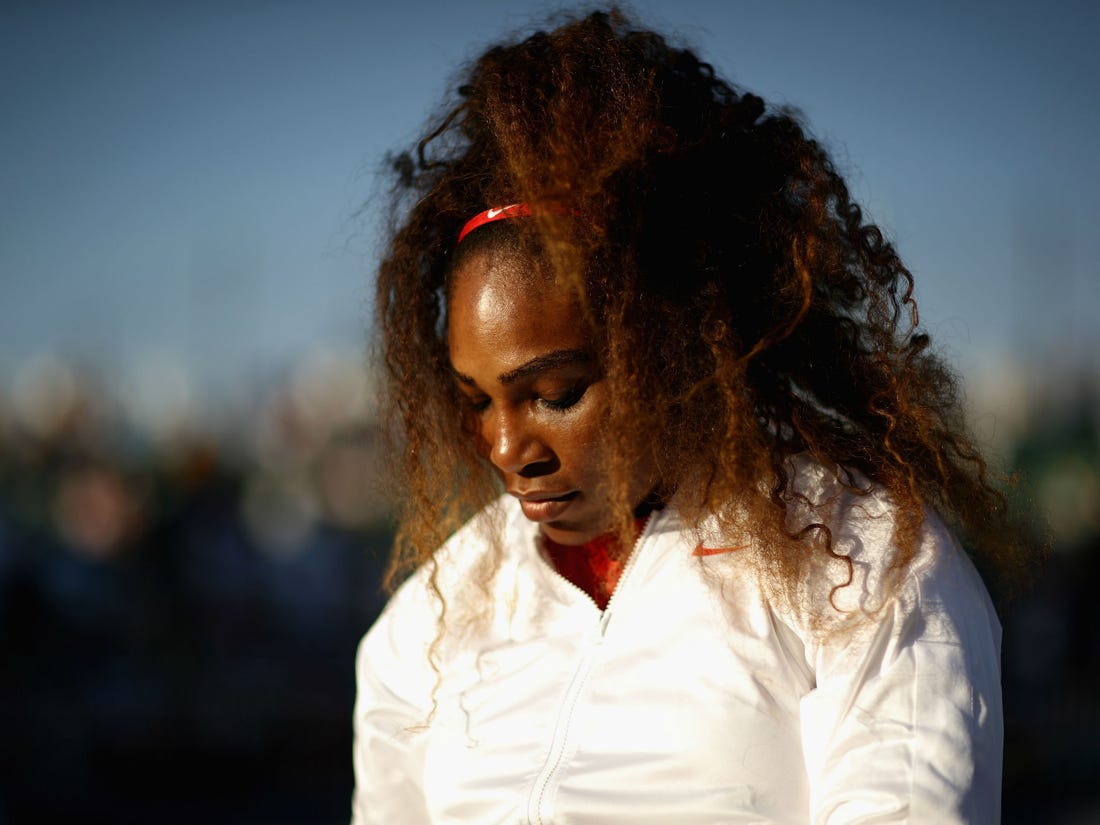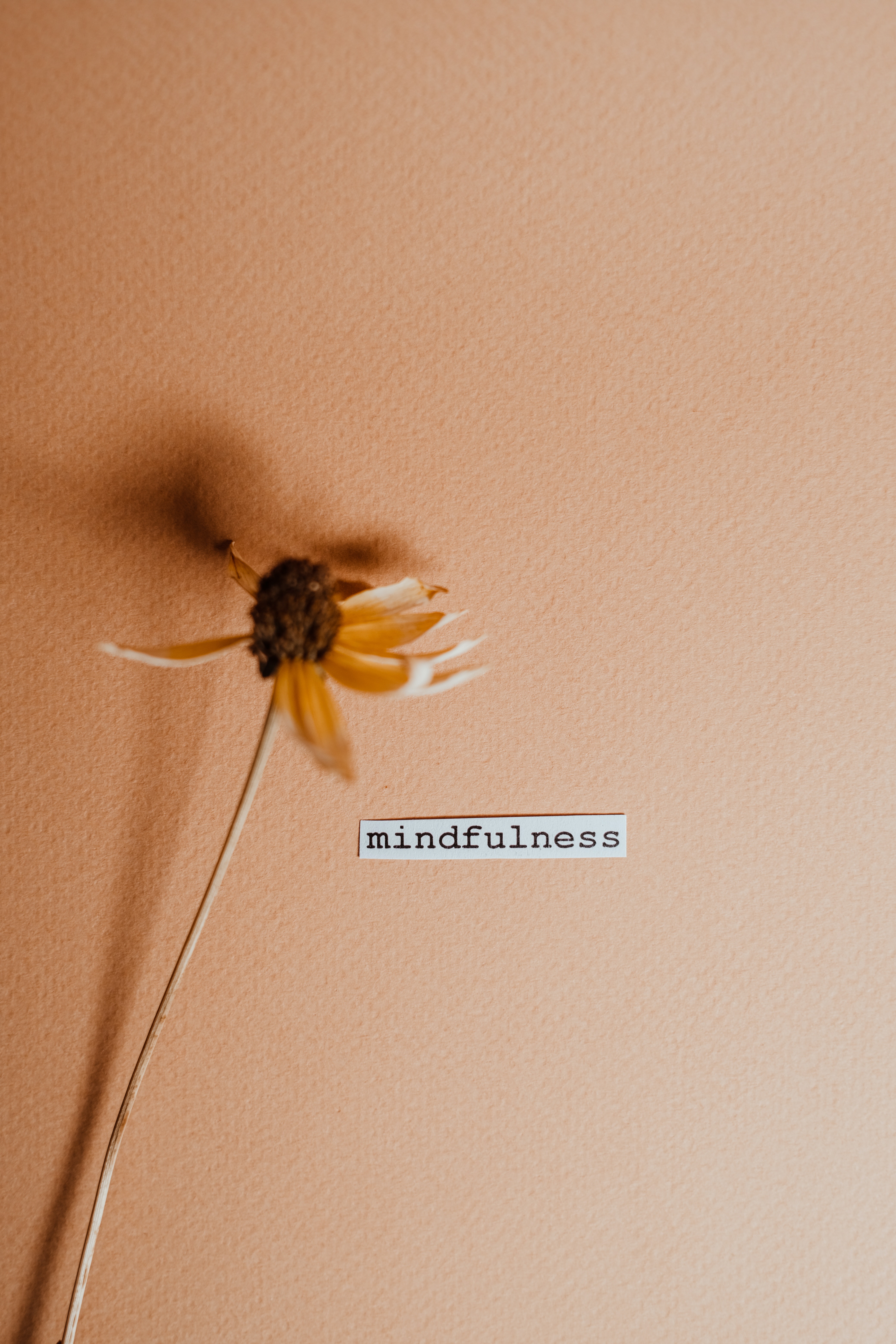Photo Credit: Ezra Shaw / Getty Images
Thanks to Vogue Magazine for sharing an amazing interview with none other than tennis superstar Serena Williams, as she dished on her career, overall well-being, marriage and motherhood. Through every step of her journey, especially motherhood, I have greatly admired Serena’s transparency and vulnerability – like the time she asked Twitter users for advice on how to soothe a teething baby because she had tried everything under the sun. She was a new mother trying to figure it all out, as others have done many times over.
One portion of the interview stuck with me, regarding her birth story, and it triggered memories of my very own traumatic birth experience with my firstborn (which I plan to share in an upcoming podcast) (excerpt from Vogue):
Though she had an enviably easy pregnancy, what followed was the greatest medical ordeal of a life that has been punctuated by them. Olympia was born by emergency C-section after her heart rate dove dangerously low during contractions. The surgery went off without a hitch; Alexis cut the cord, and the wailing newborn fell silent the moment she was laid on her mother’s chest. “That was an amazing feeling,” Serena remembers. “And then everything went bad.”
The next day, while recovering in the hospital, Serena suddenly felt short of breath. Because of her history of blood clots, and because she was off her daily anticoagulant regimen due to the recent surgery, she immediately assumed she was having another pulmonary embolism. (Serena lives in fear of blood clots.) She walked out of the hospital room so her mother wouldn’t worry and told the nearest nurse, between gasps, that she needed a CT scan with contrast and IV heparin (a blood thinner) right away. The nurse thought her pain medicine might be making her confused. But Serena insisted, and soon enough a doctor was performing an ultrasound of her legs. “I was like, a Doppler? I told you, I need a CT scan and a heparin drip,” she remembers telling the team. The ultrasound revealed nothing, so they sent her for the CT, and sure enough, several small blood clots had settled in her lungs. Minutes later she was on the drip. “I was like, listen to Dr. Williams!”
But this was just the first chapter of a six-day drama. Her fresh C-section wound popped open from the intense coughing spells caused by the pulmonary embolism, and when she returned to surgery, they found that a large hematoma had flooded her abdomen, the result of a medical catch-22 in which the potentially lifesaving blood thinner caused hemorrhaging at the site of her C-section. She returned yet again to the OR to have a filter inserted into a major vein, in order to prevent more clots from dislodging and traveling into her lungs. Serena came home a week later only to find that the night nurse had fallen through, and she spent the first six weeks of motherhood unable to get out of bed. “I was happy to change diapers,” Alexis says, “but on top of everything she was going through, the feeling of not being able to help made it even harder. Consider for a moment that your body is one of the greatest things on this planet, and you’re trapped in it.”
The first couple of months of motherhood have tested Serena in ways she never imagined. “Sometimes I get really down and feel like, Man, I can’t do this,” she says. “It’s that same negative attitude I have on the court sometimes. I guess that’s just who I am. No one talks about the low moments—the pressure you feel, the incredible letdown every time you hear the baby cry. I’ve broken down I don’t know how many times. Or I’ll get angry about the crying, then sad about being angry, and then guilty, like, Why do I feel so sad when I have a beautiful baby? The emotions are insane.” Her mother, Oracene Price, has been staying in Florida to help out. She has encouraged Serena to relax around her daughter and is making the case for a strict parenting style in an era in which children often have the last word. “Obedience brings protection; that’s what my mom told me,” Serena says. “That’s straight from the Bible, and she wrote it down on paper and gave it to me. I was always obedient: Whatever my parents told me to do, I did. There was no discussion. Maybe I had a little rebellious phase in my 20s, when I tried liquor for the first time. Maybe having a baby on the tennis tour is the most rebellious thing I could ever do.”
Oracene says that she mainly bites her tongue, that daughters don’t tend to respond well to parenting advice from their own moms. Her primary concern right now is that Serena find a healthy equilibrium. “Serena works herself too hard,” Oracene explains. “She’s always been that way, ever since she was a little girl. She’s going to need to learn to slow down. She’s responsible for another life now. You should see how they travel with that baby. They pack everything! It’s a bit extravagant for me. But once she’s back on the tour, she’ll find balance.”
According to the CDC (2017), women in the United States are more likely to die from childbirth or pregnancy-related causes than other women in high-income countries. Although more evidence is needed to understand the actual causes of death better, research suggests that half of these deaths may be preventable. Racial disparities persist.
The risk of pregnancy-related deaths for black women is three to four times higher than those of white women. (Source: CDC)
Had Serena not taken the reigns and persisted just imagine how left-field things could have gone. And we can only assume that she has top notch healthcare, yet was not exempt from a horrific postpartum healing process. How many other women have expressed concerns to their doctors in childbirth recovery and been ignored?
Let the discussion continue, keeping in mind access/level of care, socioeconomic status and racial disparities…We have got to get to the bottom of this.









